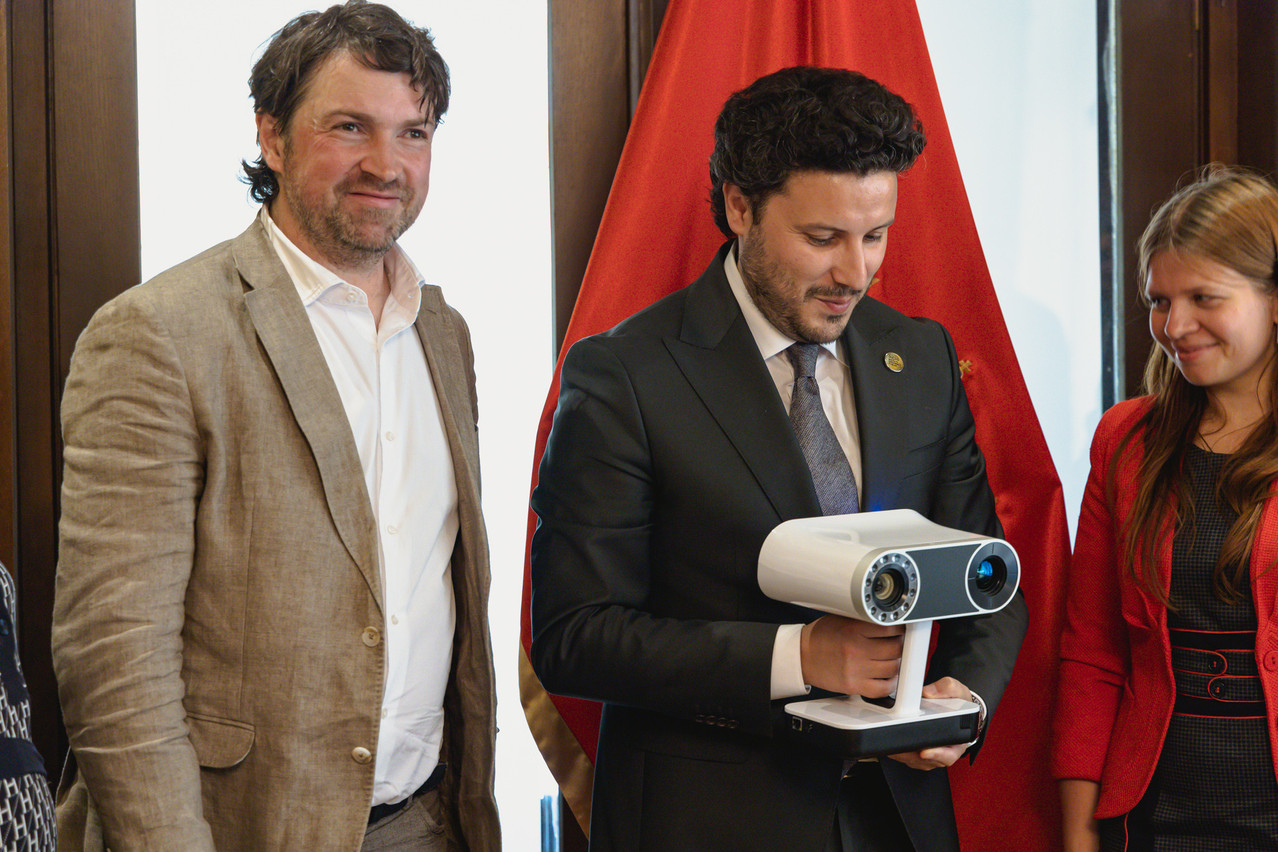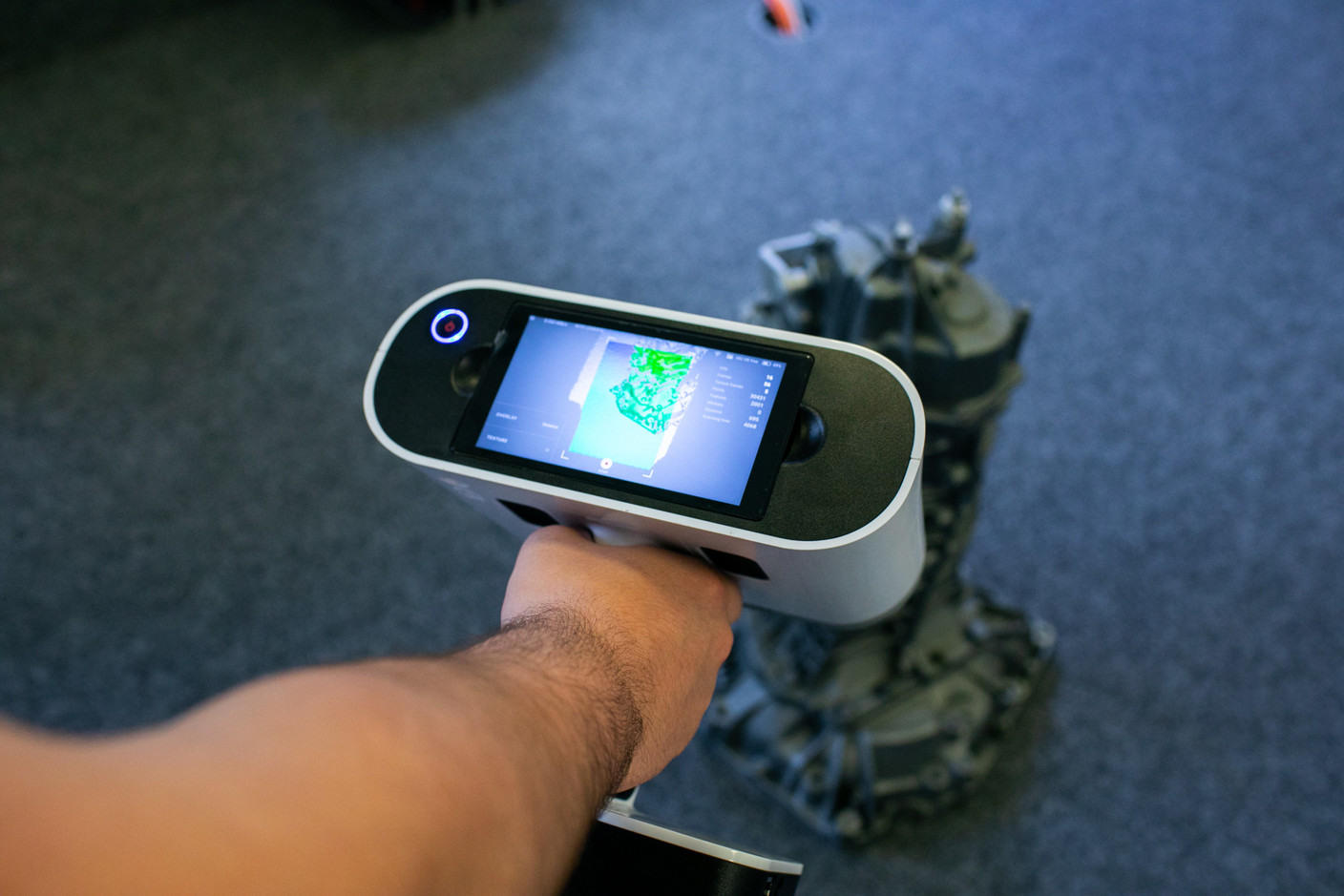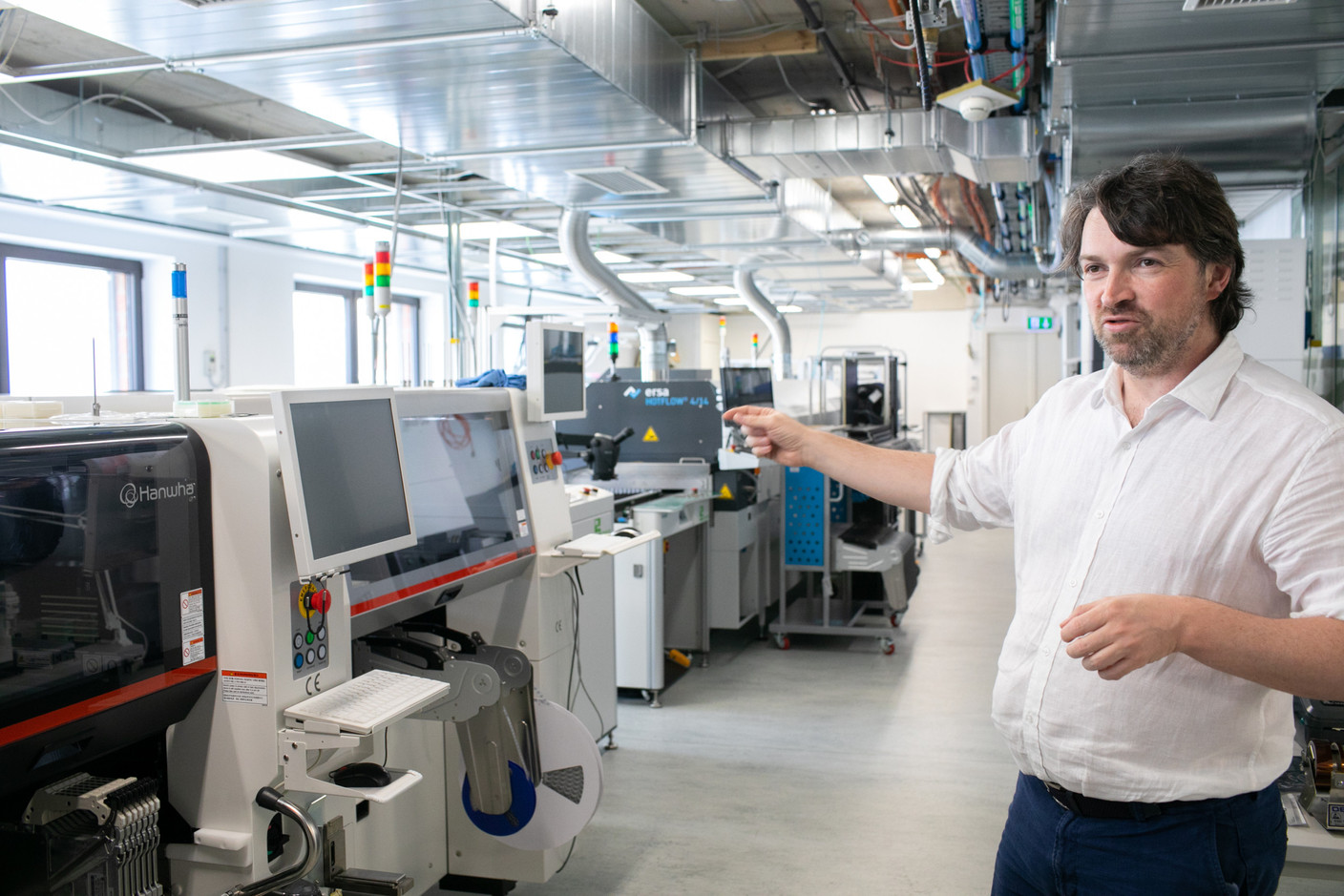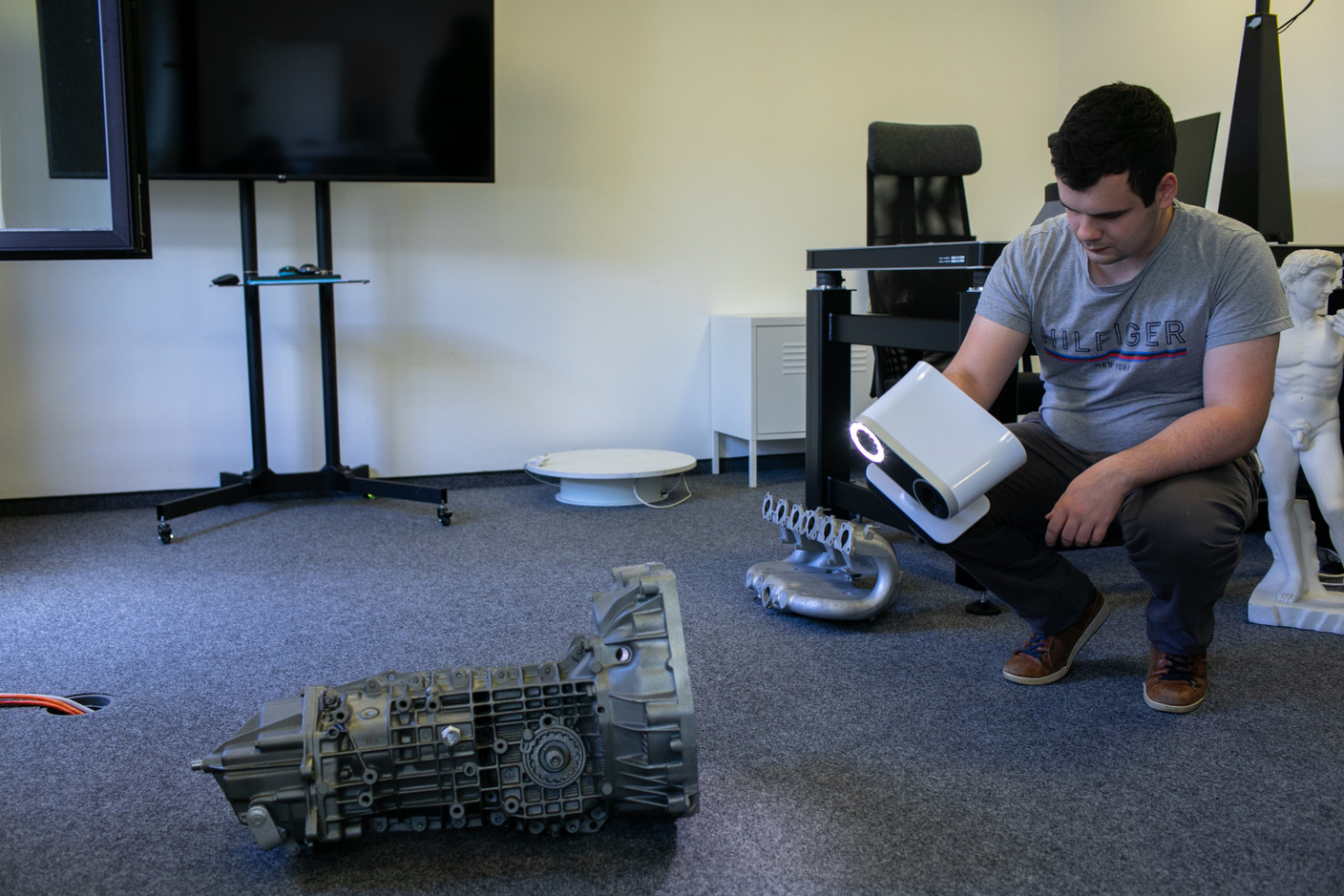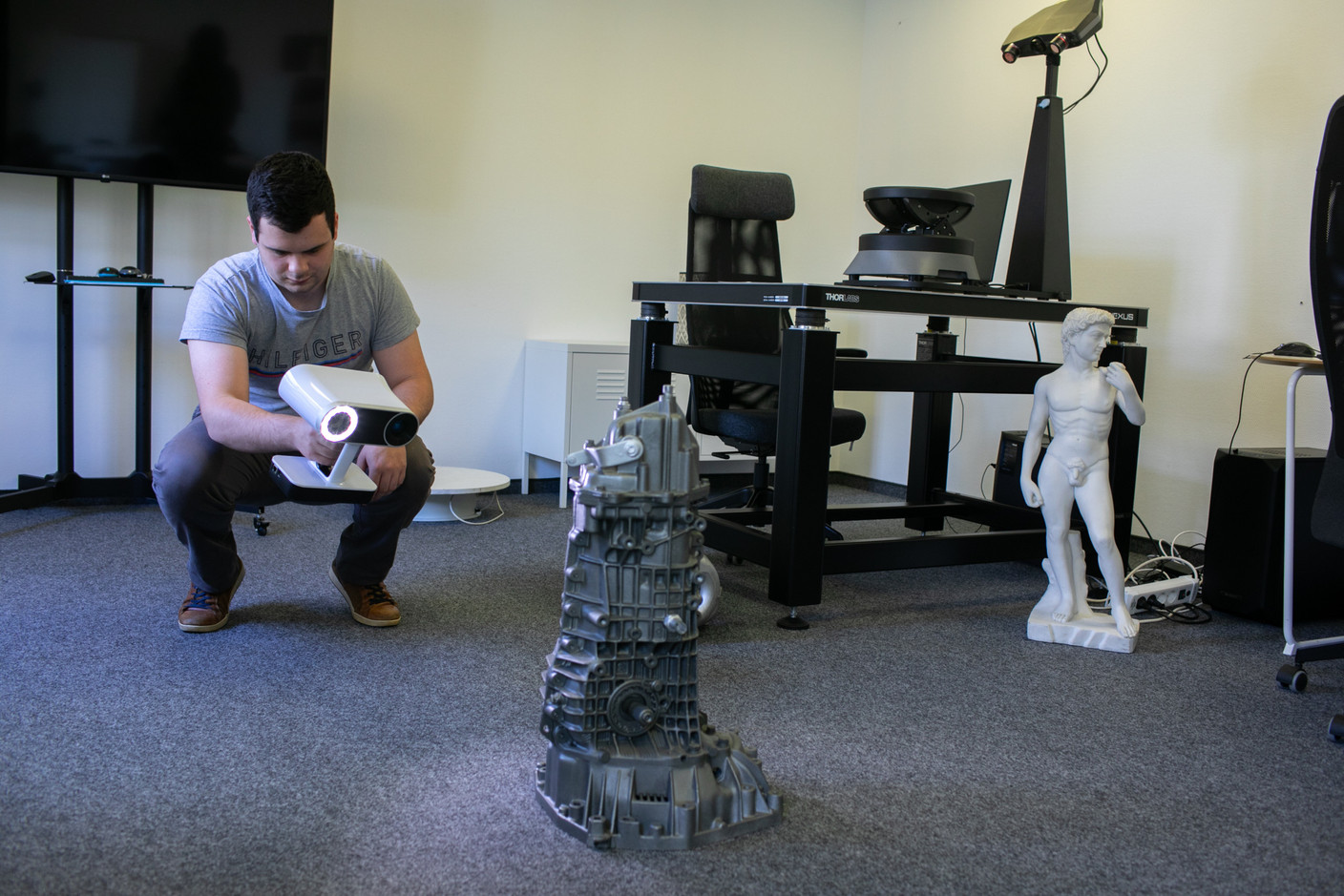With around 150 resellers and global presence in over 50 countries, Artec 3D’s new office in Montenegro is the latest addition to its existing network of locations in China and the United States, where it first started its operations before moving its headquarters to Luxembourg.
Founded in 2007, Artec3D specialises in designing and manufacturing 3D scanners and software that can be used in several industries. The company’s in-house production facility in Luxembourg produces three of its handheld scanners from scratch including Leo, its most recent 3D scanner with wireless technology and an inbuilt touchscreen that enables immediate data projection.
The 3D scanners which come with different functionalities for various purposes can provide an exact digital replica of almost anything, from a human shape to large or tiny mechanical parts, from capturing a crime scene to creating prosthetics for amputees or preserving cultural heritage sites.
The new office in Montenegro is expected to attract talents in programming, research and development, and move from around 50 to 300 employees by 2024.
“Our goal is to create the first IT hub in Montenegro, on the seacoast… This will create an ecosystem for attracting new IT companies and talented specialists, as well as an innovative network for launching start-ups and attracting venture investments,” said Artyom Yukhin, president and CEO of Artec 3D during his recent visit with Montenegro’s prime minister Dritan Abazović, who welcomed the opening of the new office following an earlier discussion with prime minister Xavier Bettel on the sidelines of the World Economic Forum in Davos.
Most people may already know that Barack Obama was the first ever president of the United States to have his portrait taken using 3D scanners instead of the traditional plaster casts, but Artec 3D’s Eva model was the technology that made this happen.
Other top companies and institutions including NASA feature among the company’s clientele. In Japan, Eva scanners--and since last year Leo scanners--are being used by law enforcement in different police districts.
“From our estimations, if you take the first 500 Fortune companies, they're all our clients,” Yukhin tells Delano. He adds that the company is proud to have expanded its customer base from its first automotive client back in 2009, Toyota, to several other industry players, which make up about 45% of its client base. Electronic manufacturers, prosthetics producers and many others use Artec scanners both in Luxembourg and abroad.
In Luxembourg, the company works on new concepts to tackle existing industry challenges in collaboration with scientists from the Interdisciplinary Centre for Security, Reliability and Trust (SnT) at the University of Luxembourg. An Artec 3D scanner was used by the Luxembourg Science Center to scan and digitally preserve the Groussgasmaschinn--also called gas engine number 11--the world’s largest blast furnace gas engine. The data captured is expected to be of great value in reinstating missing parts during the engine’s restoration, scheduled to be completed by 2028.
Projects in Ukriane
The company recently made a one-off €30,000 donation to LUkraine to help support the activities of the association.
“It's not just about helping Ukraine, it's actually that Ukraine is helping us and paying a great price with their lives and blood. And that's why it's very important that businesses contribute responsibly,” explains Yukhin. “Even if magically, somebody stops Russia tomorrow, there are over 8 million displaced people, this means 8 million broken lives and big cities that are completely destroyed. So the help is needed there.”
Beyond the financial contribution, the company has also mapped out a sustainable donation system for the long-term.
“Recurring help is much better than one time help. To support sustainable changes in the coming years we decided that we would give to Ukriane a certain percentage of worldwide sales we make,” adds Yukhin.
1% of every Artec Leo sale will go towards humanitarian aid in Ukraine. In addition, the company’s resellers and partners across the globe have been invited to contribute 2% of each Leo sale to Ukriane.
Koda , one of the company’s resellers based in Ukraine, was previously awarded a contract to scan the cockpit of the world’s largest cargo plane, the Antonov AN-225 Mriya--often used to transport large medical supplies and humanitarian aid—which was destroyed in February by Russian airstrikes. Koda scanned the plane’s cockpit prior to the war and the company anticipates that the 3D model and data captured will be useful in rebuilding it.
